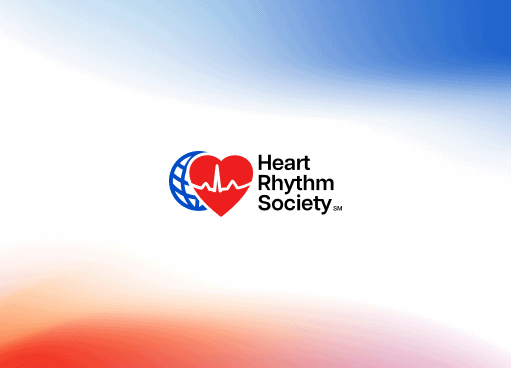Search & Filter
Date Range
Resource Type
HRS Endorsed
Audience
Topic
Manufacturer
Device Type
FDA Class

Position Statement
2018 – Draft Strategy on Reducing Regulatory and Administrative Burden Relating to the Use of Health IT and EHR
In October 2018, the Office of National Coordinator released the draft "Strategy on Reducing Regulatory and Administrative Burden Relating to the Use of Health IT and…
February 26, 2025

Position Statement
Action on Interoperability of Medical Devices, Data, and Platforms to Enhance Patient Care
The NITRD Health Information Technology Research and Development Interagency Working Group (HITRD IWG) requests input to collect information on new approaches from industry, academia, and…
February 25, 2025

Position Statement
2019 HRS White Paper on Interoperability of Data from Cardiovascular Implantable Electronic Devices
The Society released the HRS White Paper on Interoperability of Data from Cardiovascular Implantable Electronic Devices, which provides a brief overview of U.S. federal initiatives…
February 25, 2025

Educational Materials
IAC Cardiac EP Accreditation
The Intersocietal Accreditation Commission (IAC) is a nonprofit, nationally recognized accrediting organization. The IAC was founded by medical professionals to advance appropriate utilization, standardization and…
March 10, 2022